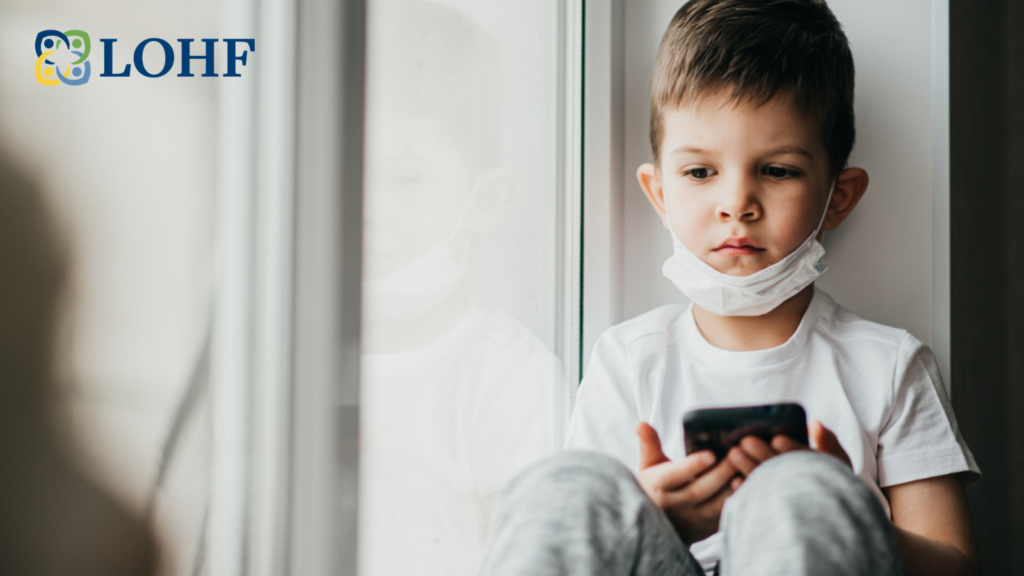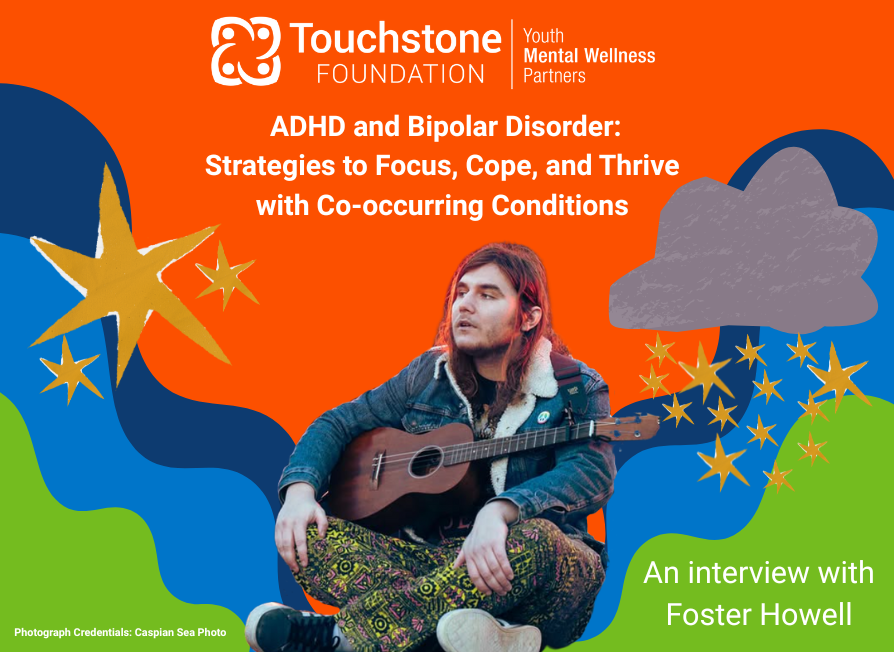
Children are naturally moody. Their developing minds and bodies can shift from happy to furious in a moment. So it can be difficult for parents to spot unusual or problematic behaviors, such as depression.
Childhood depression is sometimes called pediatric depression. According to a study conducted by Dr. Reem M. Ghandour and others, the Journal of Pediatrics reports,
“Among children aged 3-17 years, 7.1% had current anxiety problems, 7.4% had a current behavioral/conduct problem, and 3.2% had current depression. The prevalence of each disorder was higher with older age and poorer child health or parent/caregiver mental/emotional health.”
Depression in children is different from normal sad moods. When signs of depression occur, such as disinterest in social activities, school friends, or family life, it’s time to seek a professional diagnosis and possible treatment.
Symptoms of Childhood Depression

Pediatric depression often goes undiagnosed and untreated because it’s challenging to differentiate depression from a growing child’s normal emotional and psychological change. The likelihood of depression increases as the child ages. However, in children and adults, the most common signs of depression are similar. They include,
- Feeling sad or acting withdrawn for more than two weeks
- Self-injury and self-destructive acts such as hitting, cutting, hair pulling, or discussing, planning, or attempting suicide
- Sudden overwhelming fear
- Significant mood swings that harm relationships
- Severe, uncontrolled behavior with the potential of harm to self or others such as frequent fighting or expressing the desire to harm
- Drug or alcohol use, especially after age 12
- Social withdrawal
- Acute sensitivity to rejection
- Increased or decrease appetite
- Sleeplessness or excessive sleep
- Vocal outbursts or crying
- Difficulty concentrating
- Chronic stomachaches or headaches that don’t respond to treatment
- Fixation on death or suicide
Few children display all of these symptoms. It’s more common to see different signs in different settings. While some depressed children will continue to function in school and extracurricular activities, many will withdraw from social activities, lose interest in school, or stop caring about their appearance.
How to Talk to a Depressed Child
Many people don’t know how to talk with a child or teen about depression. It’s important to discuss this issue in ways that help the child understand they are cared for and safe. Choose a time and location in which the child feels safe. Stay calm and keep your voice even. Be straightforward about your concerns and encourage the child to talk by patiently and empathetically listening. Some helpful questions to ask include,
- “Sometimes, you need to talk to an adult about your feelings. I’m here to listen. How can I help you feel better?”
- “Can you tell me more about what is happening? How are you feeling?”
- “Would you ever tell me if you have thoughts about harming yourself or others?”
How to Help Children if You are not the Parent or Guardian
When we work with children, we sometimes recognize a depressed child or teen in a classroom, sports team, theatre group, Sunday school, or other activity. Once you see the warning signs of behavioral health concerns, you can help.
- If you suspect abuse or neglect, report your observations to PA Childline.
- If you do not suspect abuse or neglect, reach out to the parents or caregiver. Share your observations and ask if they are noticing anything unusual at home.
- You can offer support by encouraging them to see their primary care or behavioral healthcare provider.
- There are also other local resources that you can encourage friends and family to join, like the Community Support Program, educational programs, or support groups to involve themselves in the community.
- The overall goal is to support the child and family by fostering a safe and positive environment for the children you lead.
Learn more about warning signs, screenings, and support for children’s behavioral health needs.
Share This Article With Others!
One of our most challenging tasks is to get mental health information to the people who need it most. Will you help us spread the word about childhood depression in Lancaster County? Please share this blog with others, and ask them to do the same.




